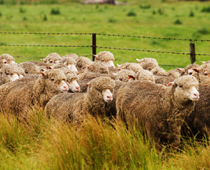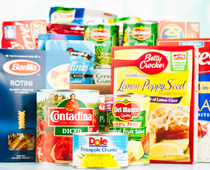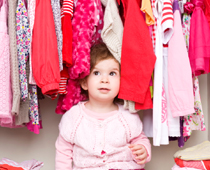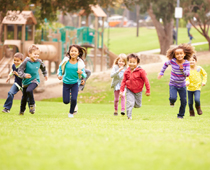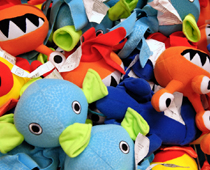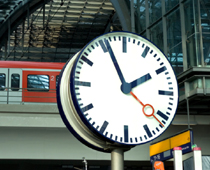
Ask the AI Tutor
Need help with Nouns - Identifying? Ask our AI Tutor!
AI Tutor - Lucy
Connecting with Tutor...
Please wait while we establish connection
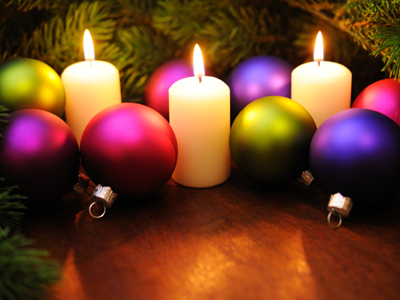
The candles shone brightly. The word 'candles' is the noun in this sentence.
Nouns - Identifying
Learn to spot nouns that name people, places, and things so sentences make sense, from playground and school to dog, bus, and rocket.
1 .
2 .
3 .
4 .
5 .
'I love pizza, chocolate, chips, rice, raisins and apples.' How many nouns are in that sentence?
3
4
5
6
Did you get all six? They are pizza, chocolate, chips, rice, raisins and apples. We use nouns all the time and they are easy to spot as you can have a few of them. Nouns don't need to begin with a capital letter unless they are at the beginning of a sentence.
6 .
7 .
8 .
9 .
**Unlimited Quizzes Await You! 🚀**
Hey there, quiz champ! 🌟 You've already tackled today's free questions.
Ready for more?
Ready for more?
🔓 Unlock UNLIMITED Quizzes and challenge yourself every day. But that's
not all...
not all...
🔥 As a Subscriber you can join our thrilling "Daily Streak" against other
quizzers. Try to win a coveted spot on our Hall of Fame Page.
quizzers. Try to win a coveted spot on our Hall of Fame Page.
Don't miss out! Join us now and keep the fun rolling. 🎉
**Unlimited Quizzes Await You! 🚀**
Hey there, quiz champ! 🌟 You've already tackled today's free questions. Ready for more?
🔓 Unlock UNLIMITED Quizzes and challenge yourself every day. But that's not all...
🔥 As a Subscriber you can join our thrilling "Daily Streak" against other quizzers. Try to win a coveted spot on our Hall of Fame Page.
Don't miss out! Join us now and keep the fun rolling. 🎉






